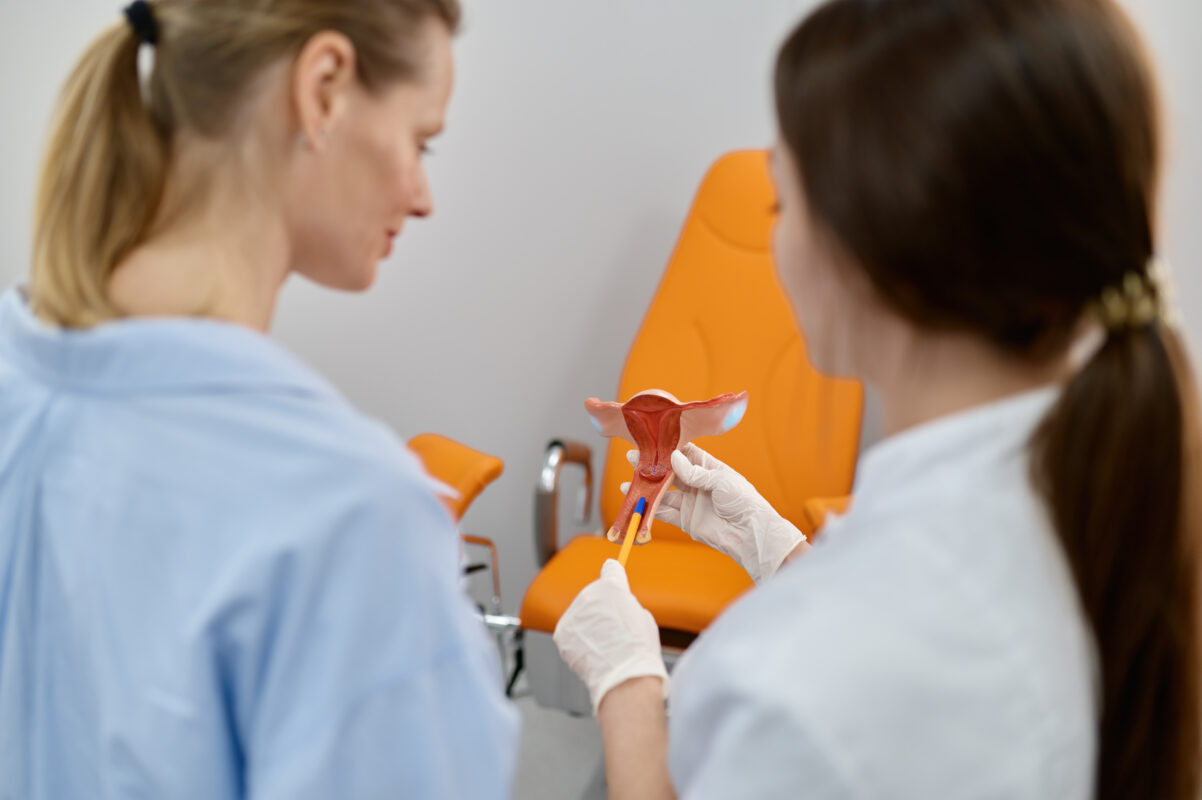The ability to conceive is a crucial aspect in many people’s lives, especially when planning to start a family. Knowing reproductive potential is essential to anticipate possible difficulties and make informed decisions around fertility. Although there are factors that are beyond our control, such as genetics or age, there are reliable methods that allow us to assess individual reproductive capacity, providing a clearer view of the personal picture.
For many women and couples, the childbearing years may seem limited, but science and medicine offer tools to better understand reproductive health. These tools not only focus on the number of eggs available, but also on the quality of the eggs and the overall health of the reproductive system.
Understanding the current fertility status can be key for those who want to plan a pregnancy now or in the future.
Methods to know your reproductive potential

Reproductive potential is determined by a variety of factors including ovarian health, sperm quality in men, and the functionality of the reproductive system in general. Here are some of the most common tests and methods for assessing fertility.
1. Hormone Testing
Hormone testing is one of the most effective ways to assess reproductive potential, as it allows fertility-related hormones to be measured. Among the most relevant are:
- Follicle-stimulating hormone (FSH): FSH regulates the maturation of ovarian follicles. An elevated FSH level may indicate a reduced ovarian reserve, while normal values suggest a good ovarian response.
- Luteinizing Hormone (LH): This hormone plays an essential role in ovulation. High or low levels can influence the ability to conceive.
- Anti-Müllerian hormone (AMH): AMH provides a direct estimate of ovarian reserve, measuring the number of follicles present in the ovaries. It is one of the most widely used markers to assess female fertility.
- Estradiol: This type of estrogen is crucial for the regulation of the menstrual cycle. Its levels can indicate the health of the ovaries and the regularity of ovulation.
2. Transvaginal ultrasound
A transvaginal ultrasound allows the specialist to visualize the anatomy of the female reproductive organs. This procedure is especially useful for performing Antral Follicle Count (RFA), which estimates the number of eggs available in a cycle. In addition, a transvaginal ultrasound can identify possible abnormalities, such as cysts or fibroids, that could affect fertility.
3. Ovarian reserve test
Ovarian reserve refers to the number and quality of eggs a woman has in her ovaries. Knowing these values can offer an accurate view of reproductive potential. The Ovarian Reserve Test combines the AMH test and the RFA to provide a detailed assessment of ovarian health. These data make it possible to predict the body’s response to assisted fertility treatments and to assess the ability to conceive naturally.
4. Menstrual cycle assessment
The menstrual cycle is an important indicator of reproductive potential, as the regularity and length of each cycle offer valuable information about ovulation and overall reproductive health. Regular menstrual cycles are a sign of stable ovulation, while irregular cycles may suggest hormonal imbalances or ovulatory problems that should be evaluated.
5. Semen analysis in men
For couples seeking to conceive, the assessment of reproductive potential should not focus solely on the woman. In the case of men, a semen analysis (spermogram) is essential. This test analyzes the quantity, vitality, motility, and morphology of sperm, giving a clear view of male reproductive health. The results make it possible to detect problems such as low sperm count or low motility, which can affect fertility.
Factors that influence fertility
Reproductive potential depends not only on the results of medical tests, but also on a number of factors that can have a positive or negative impact on the ability to conceive.
1. Age
Age is one of the most determining factors in female fertility. From the age of 35, as the years go by, the quantity and quality of eggs decrease. In men, sperm quality decreases after the age of 40, although to a lesser extent.
2. Lifestyle
Habits such as smoking, excessive alcohol consumption, chronic stress, and an unhealthy diet can have a direct impact on reproductive health. Maintaining a balanced lifestyle, exercising regularly, and following a diet rich in essential nutrients can improve your chances of conceiving.
3. Medical Conditions
Diseases such as polycystic ovary syndrome (PCOS), endometriosis, or thyroid problems can affect fertility. Early diagnosis and proper management are important to increase the chances of successful conception.
4. Genetics
Genetic predisposition can influence reproductive potential. Some women may experience a decrease in ovarian reserve at a younger age, while in others, fertility remains stable for longer.
Fertility Preservation Options
In women who wish to postpone motherhood or who have factors that affect their fertility, there are preservation options that allow them to maintain their reproductive potential over time:
- Egg preservation: It consists of the extraction and freezing of eggs for future use. It is a viable option for those who wish to postpone motherhood.
- Embryo preservation: Similar to egg preservation, but in this case, the eggs are fertilized before being frozen. This option usually offers better success rates in future treatments.
At Fertivida, we understand that every case is unique. That’s why our team of specialists is ready to guide you and provide you with the information you need to make conscious decisions about your reproductive health. We work with you to explore the best options and maximize your chances of success, providing you with comprehensive support every step of the way.





